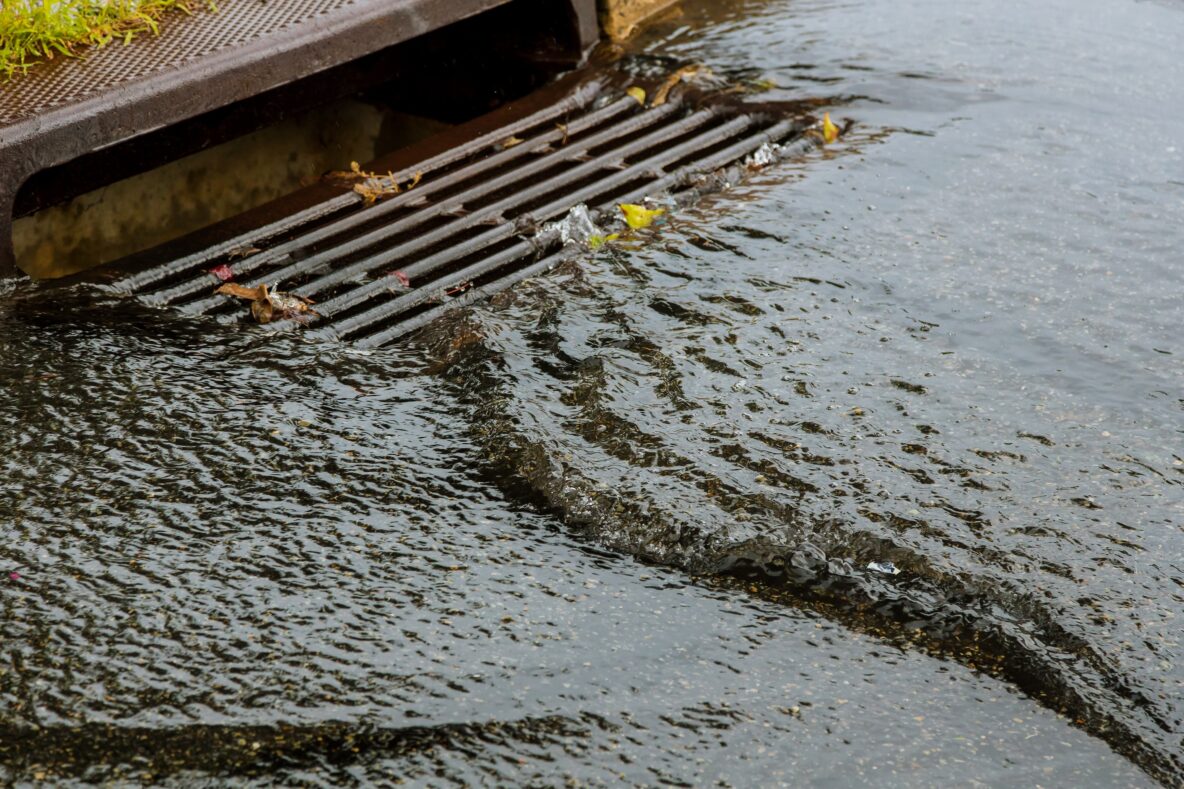When it comes to slurry and wastewater, there is no one size fits all treatment plan. The composition of slurry differs from industry to industry, whether it’s petroleum, stone fabrication, concrete, glass and tile, or something more unique like the food or brewing industry. Slurry should be treated on a case by case basis to determine whether a settling or
pH Control in Wastewater
So you’ve run your cement wastewater and slurry through a filter press to clean it, and it’s ready to be reused or dumped—WRONG! You’re on the right path by making sure it’s clean and by not dumping wastewater, but you need to make sure the pH balance of the water is at the appropriate level. This is especially important when
How Much Water does a Filter Press Clean?
So, you’ve got a lot of slurry water and need to clean it quickly? If you’re searching for the perfect filter press with additional options that’ll make for a smoother wastewater treatment and sludge dewatering process, you need to consider your unique needs and how much water you need cleaned. Oftentimes, the slurry water problem is better solved and more
How Much Water Does a Slurry Water System Clean?
If you’re in the concrete industry, you have wastewater (and in wet processes, slurry) and it needs to go somewhere. That somewhere should NOT be down the drain untreated, or thrown into a nearby body of water, or absorbed into the ground. Doing so subjects your business to fines, and it hurts the earth’s resources. We all need to take
Should I Invest in a Filter Press?
If you’re in an industry that produces wastewater and slurry, you’re going to need a way to dispose of it. That place should not be down the drain untreated, thrown into the nearby river, or absorbed into the ground. Doing so subjects your business to fines, and it hurts the earth’s resources. We all need to take a collective stance
What Can Happen if You Discharge into the Storm Drain?
Dumping or discharging wastewater into storm drains is not only wrong—it’s illegal. Industrial wastewater, especially slurry, often contains contaminants or toxins that are harmful to both plants and animals. If sludge or slurry makes its way into rivers and lakes, it can wreak havoc on the environment and the natural ecosystems we all rely on. One of the most common ways
Industrial Wastewater Liability
Water pollution violations are far more common than they should be. Punishment can result in civil and criminal violations, which may or may not lead to jail time. Decisions are typically dependent upon whether or not defendants understood that what they were doing was a violation of the federal Clean Water Act and continued to do it anyway. The Clean
What is an Automated Filter Press?
Filter presses separate liquids and solids by forcing the liquid elements of slurry through a porous filter cloth. Slurry is a mixture of insoluble substances – such as cement, clay, or coal – with a liquid like water or oil. In a press, the separation occurs in chambers formed between the recessed faces of plates which are clamped together in
21st Century Processing: Cement Wastewater Treatment Machine
Concrete production generates wastewater that needs to be processed and cleansed before it can be used or returned to the earth. Traditionally, companies would transport worksite wastewater and then store and process it off-site, where rainfall would increase the total volume of water in need of processing. Once treated, the water would then be transported back to the worksite for
How to Maintain a Filter Press
Here are 5 simple actions to take to make sure your filter press is running properly: Wash the cloths periodically with a light pressure wash. Proper care and maintenance of the filter clothes are important to the performance of the filter press. The filter cloth must remain porous to provide high filtration rates. Some indicators that the clothes have become
